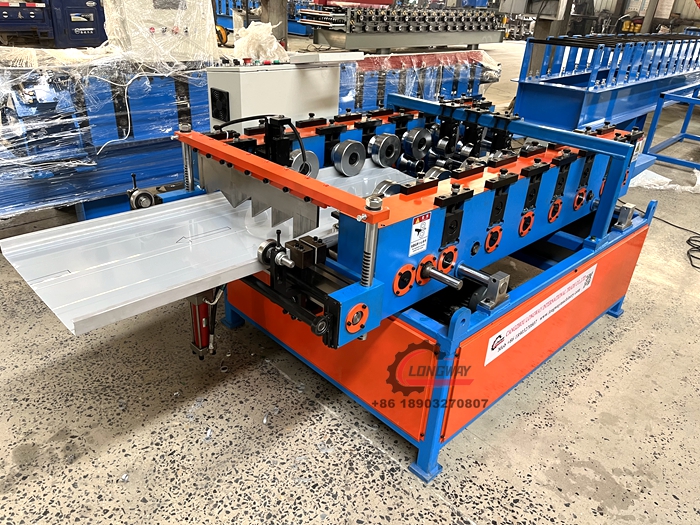Innovative Techniques in Pipe Roll Forming for Enhanced Structural Applications
The Process and Advantages of Pipe Roll Forming
Pipe roll forming is a specialized process used in the manufacturing of pipes and tubing. This method entails the gradual shaping of flat metal strips through a series of rollers, ultimately producing a continuous pipe of uniform size and shape. It has gained prominence in multiple industries due to its efficiency, cost-effectiveness, and ability to create complex shapes.
The Pipe Roll Forming Process
The pipe roll forming process begins with the preparation of flat metal sheets, which can be made of various materials such as steel, aluminum, or stainless steel. These sheets are then fed into a series of rollers that progressively shape them into a tubular form. The initial step involves guiding the flat sheet through a set of forming rollers that press the metal into a curved shape.
As the sheet exits the first set of rollers, it is guided to additional rollers that refine the shape, gradually bending it into the desired diameter. Each roller is meticulously designed to alter the metal's shape incrementally, ensuring uniformity throughout the formed pipe. Once the metal reaches the final shape, the edges of the pipe are joined together using several methods, with welding being one of the most common. This process can either be done through high-frequency electric resistance welding (ERW) or traditional welding techniques, depending on the requirements of the application.
The entire process is continuous, meaning large quantities of pipes can be produced in a relatively short period. This efficiency is one of the critical advantages of pipe roll forming compared to conventional pipe manufacturing methods.
Advantages of Pipe Roll Forming
1. Cost-Efficiency The roll forming process is more economical than many traditional methods, particularly for large production runs. It allows manufacturers to produce longer lengths of pipe without the need for cutting and milling multiple pieces, thus reducing labor costs and material wastage.
2. Material Versatility Roll forming is suitable for various materials, including different grades of steel, aluminum, and even certain plastics. This versatility enables manufacturers to create pipes tailored to specific applications, whether for structural purposes, fluid transport, or aesthetic uses.
pipe roll forming

3. High Precision and Consistency The systematic nature of the roll forming process facilitates high precision and uniformity in the dimensions of the produced pipes. Automation can further enhance these qualities, leading to reduced human error and ensuring that each pipe meets stringent quality standards.
4. Complex Shapes and Designs Roll forming can create pipes with complex shapes and features, including notches, holes, or bends. This capability is particularly advantageous in industries such as automotive and aerospace, where components may require intricate designs.
5. Strength and Durability The process enhances the structural integrity of the pipes produced. Since the metal is cold worked during shaping, it typically exhibits improved mechanical properties, such as increased yield strength.
6. Reduced Finishing Pipes produced through roll forming often require less finishing work compared to other manufacturing methods. This means less time spent on processes such as grinding, polishing or coating, further enhancing overall efficiency.
Applications
The applications of pipe roll forming are vast, extending across numerous industries. For instance, in the automotive sector, roll-formed pipes are used in exhaust systems, frames, and structural components. In the construction industry, they serve key roles in supporting structures, as conduits for electrical wiring, and in the plumbing systems of buildings. Additionally, energy sectors utilize roll-formed pipes for various applications, particularly in oil and gas transport.
Conclusion
Pipe roll forming presents a highly efficient and versatile method for producing pipes and tubular components. Its ability to produce high-quality, consistent materials in various shapes and sizes makes it an indispensable process in modern manufacturing. As industries continue to evolve and demand more innovative solutions, the relevance of pipe roll forming will undoubtedly grow, paving the way for advancements in design and application.








